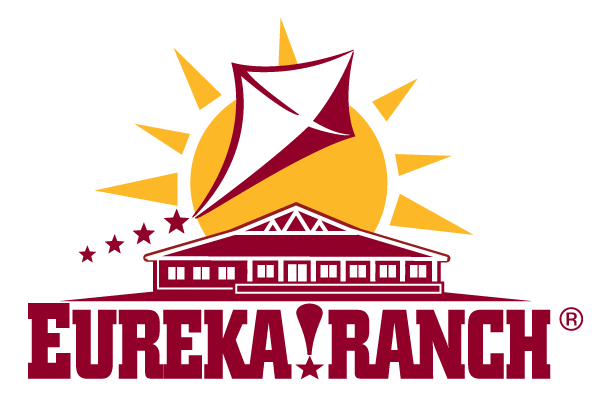Disruption has been happening for a long time, consider…
- railroads destroyed the innovative “Pony Express” system…
- electric lights disrupted the candle makers and gas lamps…

- digital cameras disrupting film photography…
- personal computers disrupting business (and weekends!)…
- online shopping disrupting retailing…and so on.
All along the way there were gurus who knew everything there was to know about trends in the care and feeding of ponies, candle making, film processing, stenography and box store floor plans.
Great stories.
But let’s not lose the lessons for our organizations. When you recognize the signs of disruption in your industry, it is probably too late.
Don’t count on gurus to warn you of upcoming disruption, they probably don’t see it either.
Your best-in-class policies and procedures, your world class organization and stellar past performance will not protect you.
Your customers will remain loyal-to themselves. And will eagerly consume the better solution.
How can you protect yourself from disruption?
Leaders have a responsibility to look to the horizon and beyond to anticipate what will be important to the organization and its customers. This future focus includes mining such things as technology, markets, customer insights, trends and the wisdom of experts as well as looking at seemingly unrelated developments that may carry over to your industry. This mining is part of The Work, not an extra, not an add on. Make the time to have an awareness of what is going on in the world that can impact your organization.
Quarterly strategy summits provide your team an opportunity to share the results of this mining and challenge yourself to think about what it means. Use spark decks to present the most disruptive mining along with divergent questions to confront reality and identify what is most important to your organization’s future.
The answer to disruption will not be found inside your organization. As a Leader, awareness and anticipation of external changes is your opportunity to be the disruptor rather than the disrupted.
Learn more about how companies all over the world train their leaders and employees on how to get ahead of those disruptive events:



